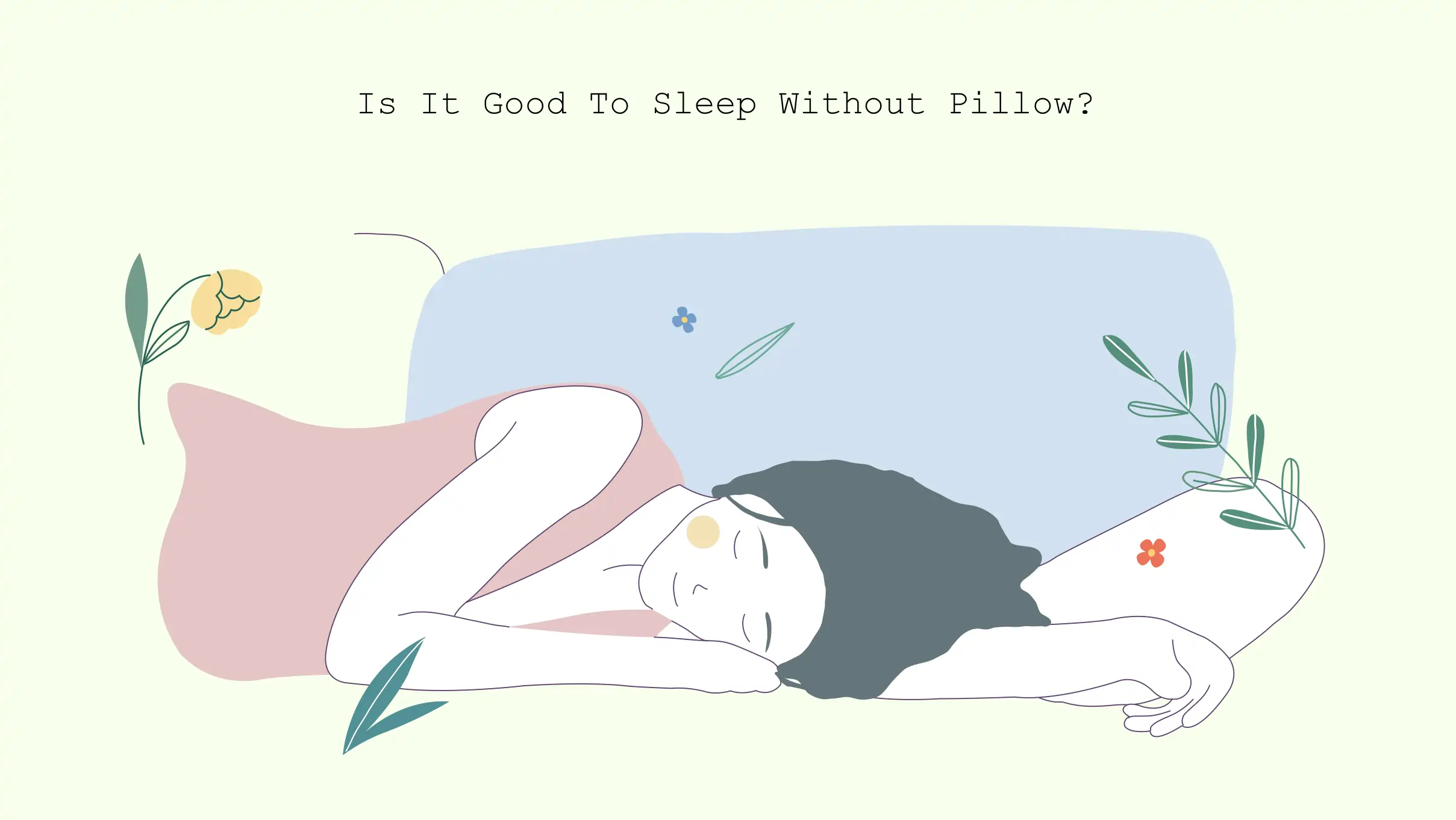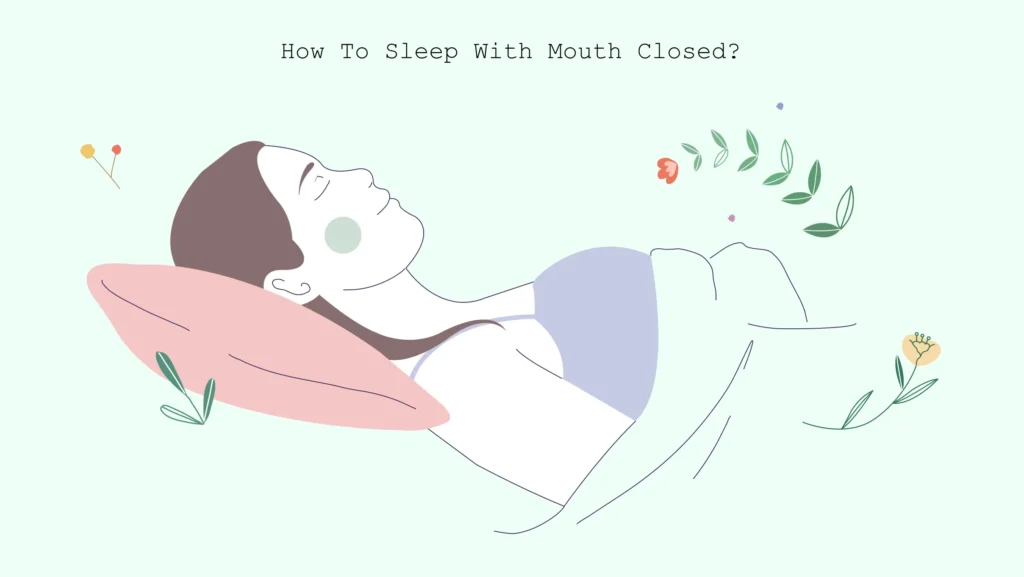Sleeping Without a Pillow: Pros, Cons & Tips
Fact Checked
Up to date
Update: May 17, 2023
Share
Written by

Content Writer

0
people like this article
Share
Written by

Content Writer
Bachelor's Degree in English Literature
7 years of experience as a content writer
Has experience writing for various industries, including health and wellness, travel, and technology







